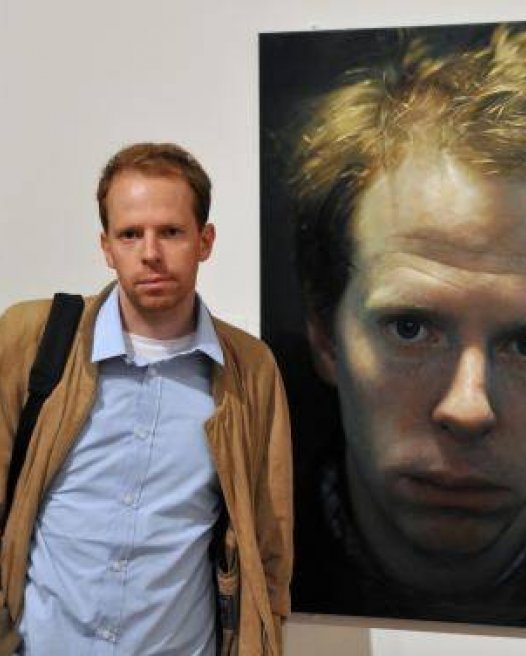The Faces of Meda
An insight into the social milieu of Meda Mládková, a Czech-American art collector, and a look behind the scenes at Prague's Kampa Art Gallery, which she founded. Together with the director of the film we are invited into Meda's home in Washington DC. We gradually break into and reveal the world of local high society. Periodic returns to life in The Czech Republic highlight the differences between her two worlds.
The relationship between Mrs. Mládková and the director changes dramatically during their life together. Interwoven with stories of important figures in Czech and world history, we see Mrs. Mládková's tutelage transform the director into her chosen “successor“. This process of sculpting a disciple in her own self-image takes place in Mrs. Mládková's house at Dumbarton Street, Washington DC, somewhere among the arts and eight ubiquitous cats. Is it ever possible to connect two so disparate social worlds?
The relationship between Mrs. Mládková and the director changes dramatically during their life together. Interwoven with stories of important figures in Czech and world history, we see Mrs. Mládková's tutelage transform the director into her chosen “successor“. This process of sculpting a disciple in her own self-image takes place in Mrs. Mládková's house at Dumbarton Street, Washington DC, somewhere among the arts and eight ubiquitous cats. Is it ever possible to connect two so disparate social worlds?
Epic's Ways
Is The Slav Epic truly "a child who died at birth?" On the background of a journey of the twenty magnificent paintings film investigates in several thematic lines phenomena associated with a perception of the majestic legacy of Alphonse Mucha and his own - in many ways contradictory - personality. Art historians, philosophers, politicians, heirs, Japanese visitors, Czech parvenus and American philanthropists dispute and complement each other on various tableaux vivants, weaving a tissue of reflection which - although not easily fathomable - soundly proves The Slav Epic to be a baby still bloody alive.
150 Scenes of Life in Dissent in Time of New Establishment
After 1989 we are in a period of history where the individual parts of former dissent institutionalize themselves. Some of them find their place, while others identify themselves against. Papírníková together with her friends provokes both within the old and newly established institutions, because it is the part of Czech society whose attitudes have always been deep and strong. She points her camera at her friends, heroes of dissent and underground: Stanislav Penc, Jim Čert, Milan Smrčka, Karel Schwarzenberg, Dáša Vokatá, Heryán Ladislav, Josef Cecil, František Stárek, Miroslav Skalický and others. The ease, with which she films them, allows her to approach them very closely. They are captured with humor and understanding. The piece involves a possibility of philosophical interpretation.
Slav Epic Complex
Do we have an "epic" complex in a sense that we see “all too epic” as a relict of intentions that wanted to include everything in certain sphere? Does the Slav Epic has a complex of us who have not been able to agree for more than a hundred years, where is her place - permanent residence and sense? What happens when - in the midst of this obscurity - Alphonse Mucha's Slav Epic all of the sudden visits Japan?
